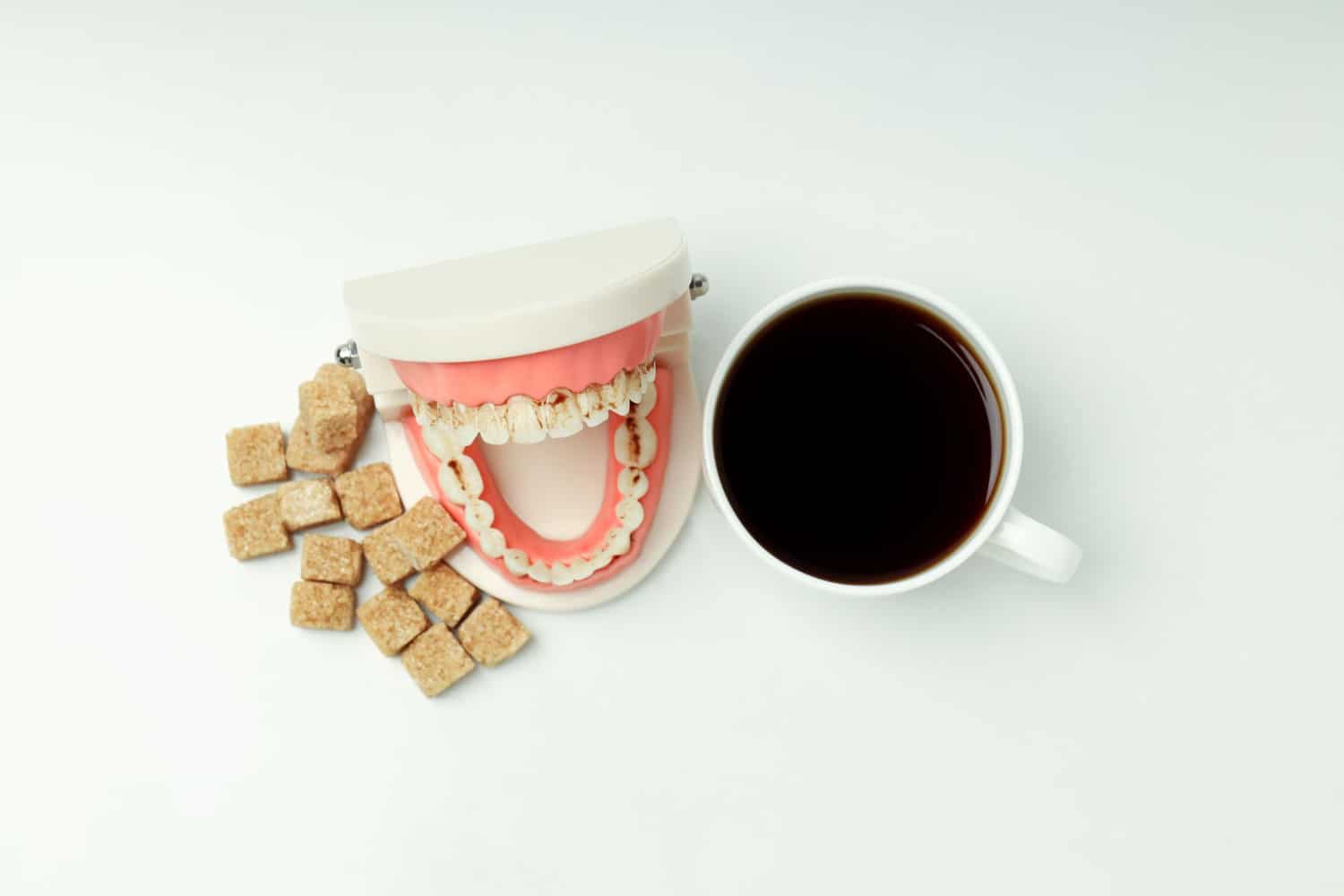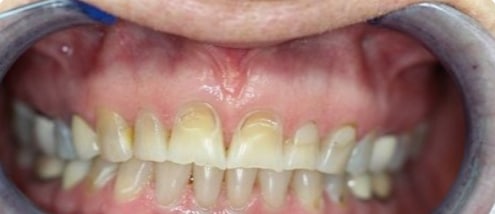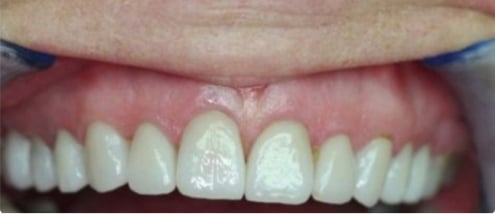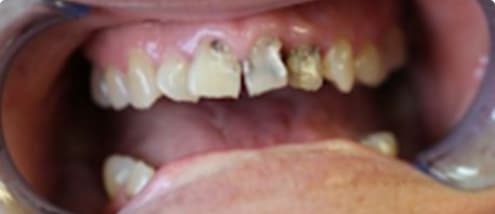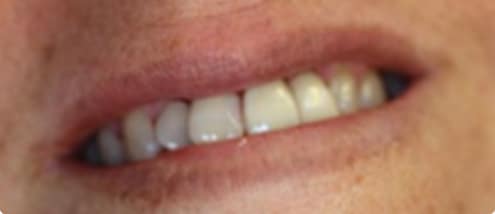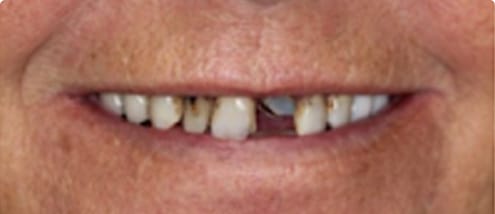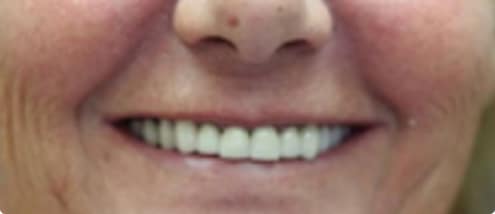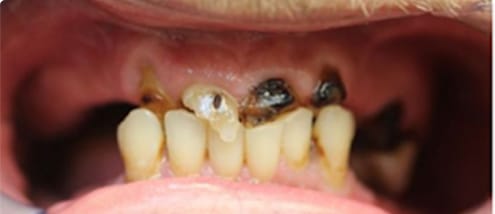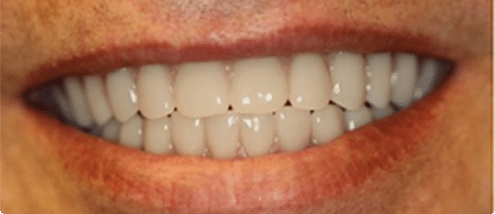If you’re a coffee drinker, or if you’ve been keeping up on recent health news, you’re probably familiar with the old line that coffee is bad for your teeth. It most certainly does cause staining, although that’s mostly a cosmetic issue that isn’t going to cause you any harm. But does coffee actually hurt your teeth? Do you need to cut back on your coffee intake? Here’s what the research says.
Enamel Erosion: How the Acid in Coffee Breaks Down Your Teeth
Enamel is the outer layer of your teeth, the layer that protects it from the environment and keeps your teeth healthy. When your enamel is worn down, your teeth not only become more sensitive, but also become more susceptible to disease and trauma. Drinking a large amount of coffee on a regular basis can break down your enamel, causing sensitivity problems. That’s why most dentists recommend using enamel-strengthening toothpastes if you’re a coffee drinker – it will make your enamel more resistant to corrosion and slow or stop the loss of enamel caused by drinking coffee.
Dentists also recommend rinsing your mouth with water or eating a piece of cheese after drinking coffee in order to neutralize the acid. If you have your coffee before brushing your teeth, you’ll want to make sure you wait for one full hour after you’ve finished your morning brew in order to give your enamel time to harden.
One common misconception is that coffee causes tooth decay. The truth is that coffee doesn’t directly contribute to cavity formation; it simply makes it easier for cavities to form.
New Studies Uncover Coffee’s Bacteria-Killing and Anti-Cancer Potential
Coffee may not be as bad for your teeth as was previously thought. In 2014, researchers at Brazil’s Federal University in Rio de Janeiro grew layers of plaque-causing bacteria on donated baby teeth, and then introduced coffee extract from the Robusta coffee bean. (Robusta coffee is much higher in caffeine and polyphenols than its more popular cousin, Arabica coffee.) Almost instantly, the bacteria started to die. The researchers say the polyphenols in coffee are responsible for its antibacterial effect.
Another study, conducted in 2012 by the American Cancer Society, found that people who drank four or more cups of coffee a day were 49% less likely to die from oral cancer than those who drank none.
Cut Out the Milk and Sugar for Best Results
So there is evidence that coffee can be good for your teeth – but does that mean your morning cup of Joe is keeping your mouth healthy? Not necessarily. The researchers found that when their coffee extract was combined with additives like cream, sugar, or artificial sweetener, the polyphenols lost their bacteria-killing property. That’s why dentists say if you must drink coffee, you’re better off drinking it black. You’ll also want to drink your coffee in moderation – up to two cups a day is fine, provided that you already have a great oral hygiene routine.
A cup of coffee is a great way to start the day, and thankfully, there’s no reason why you should stop drinking coffee if you have a great oral hygiene regimen. But if decay or loss of enamel is a concern for other reasons, cutting back on your coffee intake might be a good idea. Is your coffee habit harming your teeth? We can help you find out. Call Badie Dental at (520) 325-3022 to schedule an appointment with Dr. Badie and learn more.

